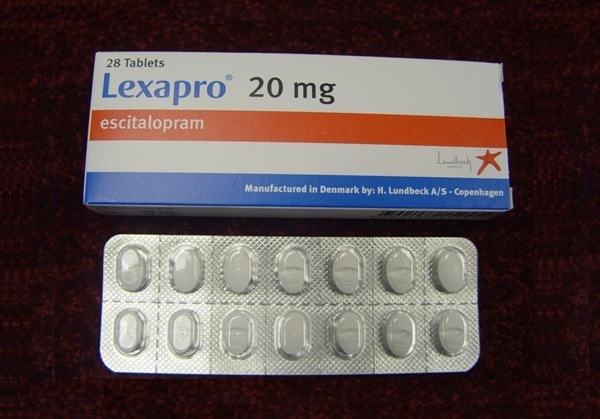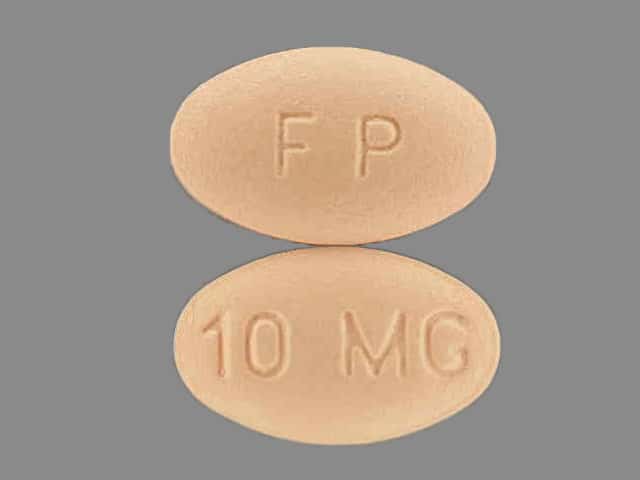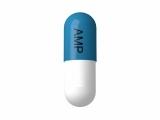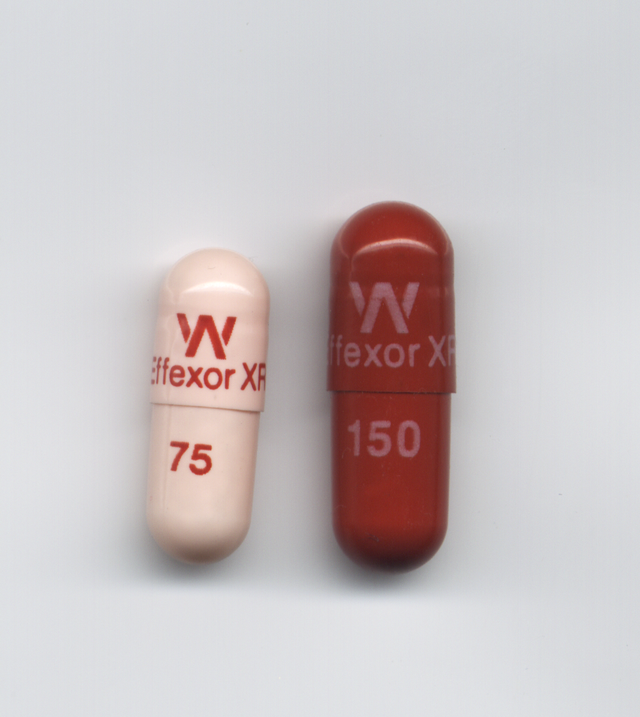Description
Common use
Vibramycin is a tetracycline antibiotic which is used to treat many types of bacterial infections, including tract infections, periodontitis, acne, gonorrhea, and chlamydia, and others. It’s slowing the growth of bacteria. This drug is also used to treat blemishes, bumps, and acne-like lesions caused by rosacea. Vibramicin will not treat facial redness caused by rosacea. Also Vibramicin may be used to prevent certain types of malaria in travelers who will be visiting malaria-infected areas for less than 4 months.
Dosage and direction
Take it orally with a full glass of water/milk or with food. Dosage is various from type of infection, so do not use Vibramycin without doctor’s advice. Commonly dose for the treatment of acute infections in adults is 200mg on the first day (as a single dose or in divided doses) followed by a maintenance dose of 100mg/day.
Dosage for children must be determinate by your doctor.
Note: this instruction presented here just for review. It’s very necessary to consult with your doctor before using. It help you to get best results.
Precautions
Do not take this medicine before you going to sleep because when you lay down and can cause pain in your throat. Drink water or milk while taking this medicine, it’ll also help to reduce irritation in your throat. Vibramicin may cause photosensitivity making you more prone to a sunburn. Avoid sexual contact and note that your sexual partner may also need treatment. If you experience such symptoms as diarrhea that is watery or has blood in it, call your doctor. Vibramycin should not be used during pregnancy, becoming pregnant or lactating without doctor’s advice. Do not use it before breast-feeding without doctor’s advice.
Contraindications
Vybramicin is not allowed to people who are hypersensitivity to drug, other tetracyclines, or bisulfites (with some drug products). Also Vibramycin is contraindicated in children under the age of 12 years, pregnancy or nursing mothers.
Possible side effect
They may include an allergic reaction: hives; difficulty breathing; swelling of your face, lips, tongue, or throat. Also the most possible side effects include:
severe headache, dizziness, blurred vision;
fever, chills, body aches, flu symptoms;
severe blistering, peeling, and red skin rash;
urinating less than usual or not at all;
pale or yellowed skin, dark colored urine, fever, confusion or weakness;
severe pain in your upper stomach spreading to your back, nausea and vomiting, fast heart rate;
loss of appetite, jaundice (yellowing of the skin or eyes);
easy bruising or bleeding, unusual weakness.
Less serious include:
swollen tongue, trouble swallowing;
mild nausea, vomiting, diarrhea, or stomach upset;
white patches or sores inside your mouth or on your lips;
sores or swelling in your rectal or genital area;
vaginal itching or discharge.
If you experience one of them stop using Vibramicin and tell your doctor as soon as possible. Also consult with your doctor about any side effect that seems unusual.
Drug interaction
Vibramicin interact with thw following drugs: cholesterol-lowering medications such as cholestyramine or colestipol; isotretinoin; tretinoin ; an antacid such as Tums, Rolaids, Milk of Magnesia, Maalox, and others; a product that contains bismuth subsalicylate such as Pepto-Bismol; minerals such as iron, zinc, calcium, magnesium, and over-the-counter vitamin and mineral supplements; a blood thinner such as warfarin; or a penicillin antibiotic such as amoxicillin, penicillin , dicloxacillin, oxacillin, and others. Also note that interaction between two medications does not always mean that you must stop taking one of them. As usual it affects the the effect of drugs, so consult with your doctor about how it interactions are being managed or should be managed.
Missed dose
If you forgot to take your dose in time, please do it as soon as you remember. But do not take if it is too late or almost time for your next dose. Do not take double or extra doses. Take your usually dose next day in the same regularly time.
Overdose
Symptoms of Vibramycin overdose may include nausea, vomiting, and diarrhea. If you experience one of them or any unusual symptoms call your doctor immediately.
Storage
Store at room temperature between 59-77 degrees F (15-25 degrees C) away from light and moisture, kids and pets. Do not use after expiration term.
Disclaimer
We provide only general information about medications which does not cover all directions, possible drug integrations, or precautions. Information at the site cannot be used for self-treatment and self-diagnosis. Any specific instructions for a particular patient should be agreed with your health care adviser or doctor in charge of the case. We disclaim reliability of this information and mistakes it could contain. We are not responsible for any direct, indirect, special or other indirect damage as a result of any use of the information on this site and also for consequences of self-treatment.











Reviews
There are no reviews yet.